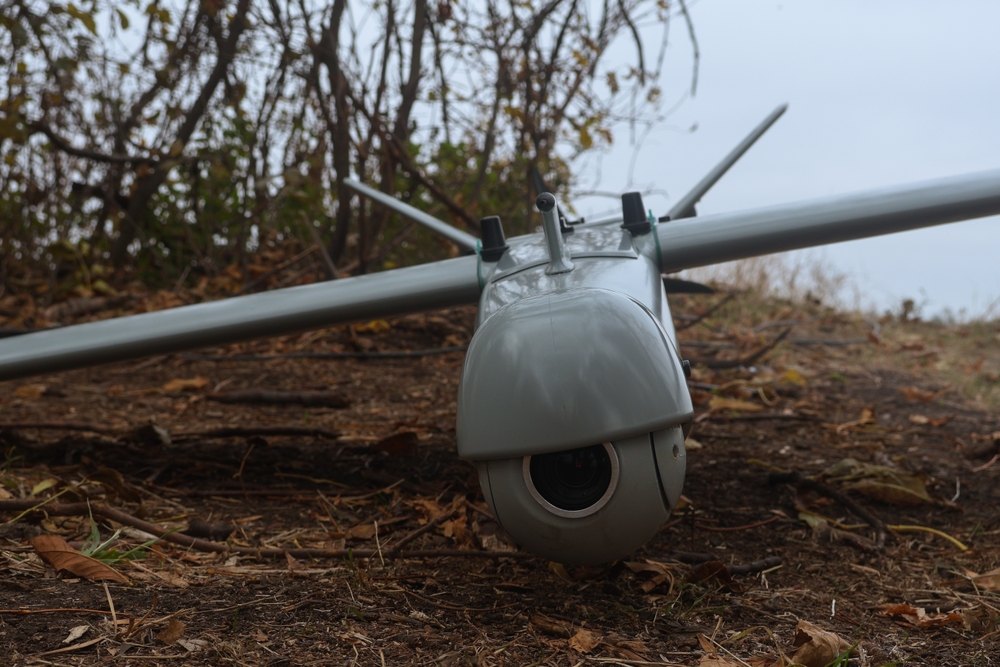Ukrainian success in Kursk is largely due to innovative drone and electronic warfare tactics.
Others are reading now
While Ukraine has yet to officially comment on recent events in Russia, information about their advances in the Kursk region is being actively shared by Ukrainian defenders on social media.
Disrupt Reconnaissance Drones
Ukrainian success in Kursk is largely due to innovative drone and electronic warfare tactics, building on strategies first used during the Kharkiv campaign in 2022.
The initial step in Ukraine’s strategy was to disrupt Russian reconnaissance drones. This effectively “blinded” Russian commanders and prevented them from gathering crucial intelligence.
Following this, Ukrainian forces deployed short-range jamming devices along the front lines. These devices interfered with the drones, which were programmed with data from previous electronic warfare systems, rendering them ineffective for reconnaissance and attacks, according to Ziare.
Also read
As a result, Russian forces struggled to use UAVs for surveillance and targeting, while Ukrainian troops launched a swarm of FPV drones. This tactic allowed Ukrainian forces to exploit gaps in Russian defenses and target key positions.
An Unexpected Advance
The Ukrainian strategy also involved creating operational “mini-encirclements” in Kursk. According to the Telegram channel “Ofițer,” these encirclements were established by securing key logistical routes and then filling the gaps between captured roads and the front lines.
This approach mirrors the style of General Oleksandr Syrskyi, known for his successful counteroffensive in Kharkiv.
The situation in Kursk has significant psychological implications, boosting the morale of Ukrainian soldiers and civilians. It also highlights the weaknesses and inefficacies of Russia’s military strategy under President Vladimir Putin.
The Washington Post describes this unexpected advance as the most serious challenge to Moscow since the Wagner mercenary uprising.
If Russian forces continue at their current pace, it could take them up to a year to regain control over the territories currently held by Ukrainian forces, which The Economist estimates to be at least 350 square kilometers.


